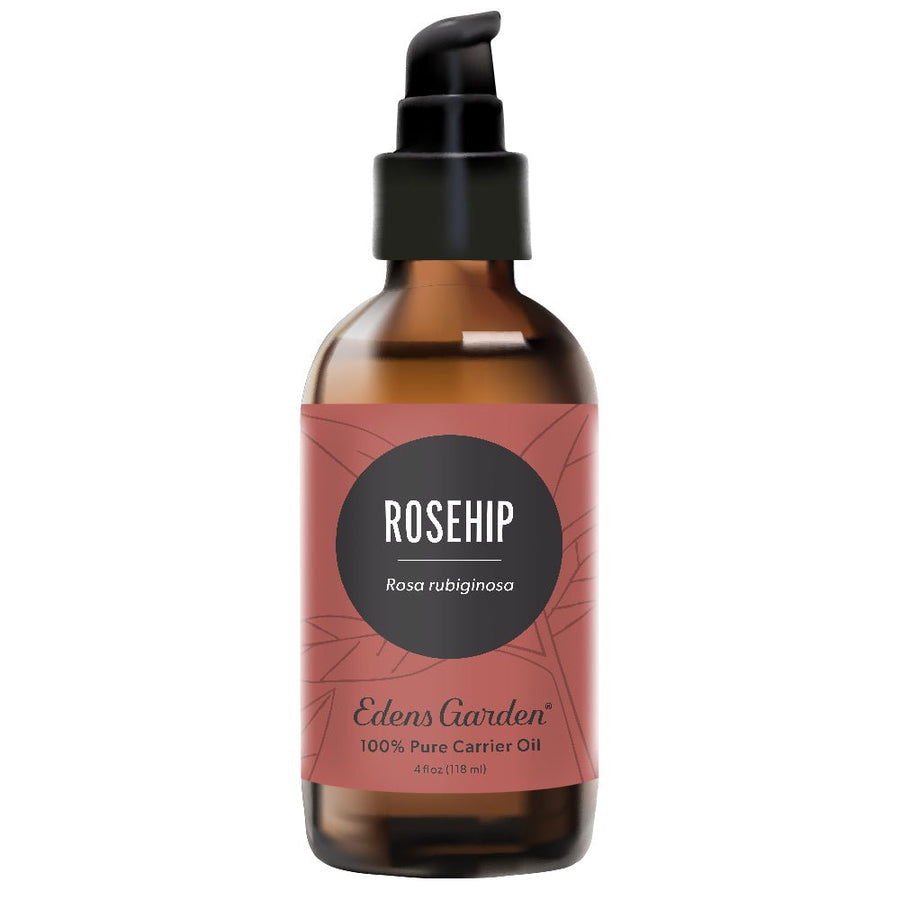Cortisol Face: Is It a Legitimate Concern? Exploring Stress Hormone Impacts

In recent years, "cortisol face" has become a trending topic, sparking widespread discussion about how stress hormones, particularly cortisol, can visibly affect our appearance. Cortisol, the body's primary stress hormone, plays a crucial role in regulating various functions like metabolism, immune response, and inflammation.
However, chronic stress can lead to elevated cortisol levels, which according to social media can lead to unwanted side effects, including facial puffiness, swelling, and premature aging. But is cortisol face a legitimate concern or just another internet myth? In this article, we’ll explore the scientific truth behind cortisol's impact on facial appearance and debunk the misconceptions surrounding this growing trend.
What Is Cortisol?
Cortisol is a steroid hormone produced by the adrenal glands, often referred to as the body’s primary "stress hormone." It plays a vital role in regulating a variety of functions, including:
- Metabolism
- Blood pressure
- Immune response
- Sleep-wake cycle
When we encounter stress, cortisol levels rise as part of the "fight or flight" response, helping the body manage the situation by increasing energy availability.[1] However, chronic stress can lead to consistently elevated cortisol levels, which can negatively impact health, contributing to weight gain and mood swings.
What Is Cortisol Face?
According to netizens, cortisol face occurs when your body produces too much cortisol resulting in face puffiness. The medical term for face puffiness is “moon face.” This is said to occur due to the body producing too much cortisol.
Social media alleges that cortisol face is a real concern which can be aided by supplements, improved diet and exercise, lower caffeine intake, going on walks, and adopting better sleep habits. Experts say otherwise.
Is Cortisol Face Real?
What social media influencers fail to mention is that cortisol levels rise and fall on a daily basis, but at such a low level, that it is unlikely to have any significant impact on one’s health.
New York City physician Dr. Amanda Kahn adds, “There are a few diseases or syndromes where you can have high cortisol. The one that most people have heard of is Cushing's [syndrome], when your body is inappropriately making cortisol, which is a stress hormone.”
So, is cortisol face real? Not exactly. While it’s true that adopting healthy habits such as a better diet and exercise can lower stress levels, face puffiness is not commonly the result of elevated cortisol or stress levels–unless you are in the minority of people who have Cushing’s. In this case, improving your diet and sleep is not enough to treat this condition.
In other words, it’s not necessary to stress over cortisol face, but do work on lowering your stress levels for better health.
Essential Oils for Stress
Aromatherapy, when combined with other relaxation techniques, can be a powerful tool in addressing stress and promoting a healthier, more radiant complexion.[2] As social media users have mentioned, effective stress-relieving tips include:
- Getting outside
- Lowering your alcohol & caffeine intake
- Limiting your screen time
- Improving diet & exercise
- Enhancing sleep
You can also add stress-relieving essential oils to your routine, such as:
- Anxiety Ease Blend
- Diffuse The Anxiety Blend
- Hormone Balance Blend
- Melatonin Sleep Blend
- Stress Less Blend
Essential Oils for Face Puffiness
Fortunately, there are natural ways to reduce face puffiness, including the use of essential oils and aromatherapy. Essential oils like Lavender, Frankincense, and Chamomile are known for their calming properties and can help lower stress, reduce inflammation, and alleviate facial swelling.[3] Essential oil blends for facial care include:
- Age Defy Blend
- Best Skin Ever Blend
- Face Love Blend
- Pampered Skin Blend
- Skin Love Blend
HOW TO USE
Combine 6 drops of your chosen facial essential oil blend with 2 tablespoons of carrier oil such as Argan or Rosehip. Store the mixture in a bottle. Apply to your face after washing morning and evening as the last step in your skincare routine. Additionally, use a gua sha tool to further reduce inflammation.
If you are concerned about your face puffiness, speak with your physician.
SOURCES:
- Cortisol. https://my.clevelandclinic.org/health/articles/22187-cortisol
- Can You Reduce Stress With Aromatherapy? https://health.clevelandclinic.org/stressed-out-aromatherapy-can-help-you-to-feel-calmer
- The Best Essential Oils for Your Skin. https://www.healthline.com/health/essential-oils-for-skin
Grab The Essentials Here:
Leave a comment (Comments will be approved before showing up)
4 comments
Camille Florer
Why are there different types of lavender? I thought there was only one type .
Edens Garden
Karen, not at this time, unfortunately. We’d love to in the future! Signed, a fellow curly-haired gal 😉
Karen Frankos
Do you sell a shampoo and conditioner good for curly hair that moisturizes?







Edens Garden
March 5, 2025 at 10:24 am
Hi Camille! This article describes the different types of Lavender oil we offer and explains how they’re unique and similar: https://www.edensgarden.com/blogs/news/lavender-french-lavender-and-spike-lavender-whats-the-difference